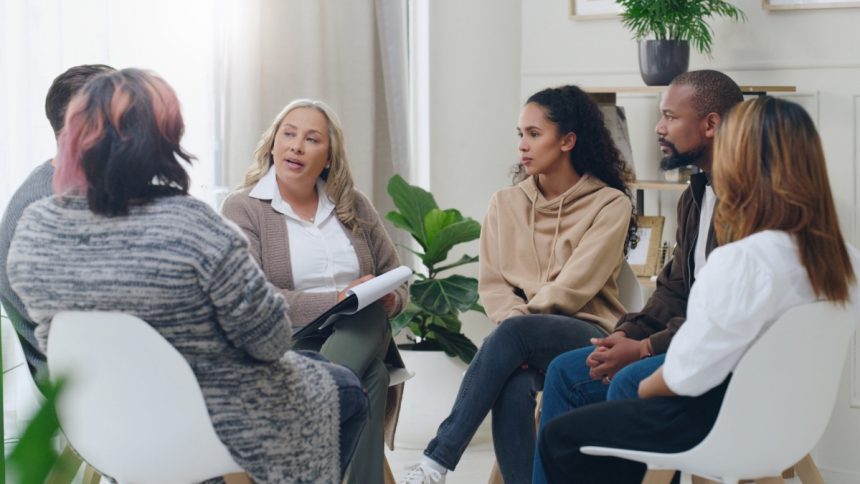Social support is a critical factor in recovery. The people surrounding an individual can either encourage sobriety or reinforce harmful drinking behaviors. Positive social networks provide emotional encouragement, accountability, and practical assistance during the recovery journey.
When individuals complete their alcohol use disorder treatment, they often face challenges in adjusting to a sober lifestyle. Having supportive people around them can make this transition easier. Friends and family who understand the recovery process can offer motivation, celebrate milestones, and provide reassurance during difficult moments. On the other hand, social circles that engage in heavy drinking or dismiss the importance of sobriety can make it harder for a person to stay committed to recovery.
Family Influence on Alcohol Use Disorder Treatment Success
Family plays one of the most significant roles in alcohol addiction recovery. A strong family support system can improve treatment outcomes by providing emotional stability and encouragement. However, family dynamics can also be complex, and not all family environments are supportive.
- Positive Family Influence – Families who educate themselves about addiction and actively participate in the recovery process help create a safe and encouraging environment. Attending therapy sessions together, engaging in open conversations, and setting healthy boundaries contribute to long-term sobriety.
- Negative Family Influence – In some cases, family members may unknowingly contribute to addiction issues. Family conflict, unresolved trauma, or enabling behaviors—such as ignoring drinking problems or making excuses—can interfere with alcohol use disorder treatment. In such situations, professional family counseling can help address these challenges.
A family’s role in recovery extends beyond treatment. Their ongoing support can help an individual resist relapse and develop healthier coping mechanisms.
The Impact of Peer Networks on Recovery
Friends and social circles can strongly influence recovery outcomes. The behaviors and attitudes of close friends can either reinforce addiction or support sobriety.
- Supportive Friends – Friends who respect an individual’s decision to remain sober and avoid drinking in their presence contribute to a positive recovery environment. They encourage new hobbies, help navigate social situations, and offer emotional support during difficult times.
- Enabling Friends – Some social networks make it difficult to maintain sobriety. Friends who encourage drinking, dismiss the importance of alcohol use disorder treatment, or pressure individuals to “just have one drink” can trigger a relapse. Distance from such influences may be necessary for a successful recovery.
Surrounding oneself with like-minded individuals, such as those in recovery or those who do not rely on alcohol for socializing, can improve the chances of maintaining long-term sobriety.
Support Groups and Their Role in Alcohol Use Disorder Treatment
One of the most effective ways to build a strong social network in recovery is by joining a support group. Organizations such as Alcoholics Anonymous (AA), SMART Recovery, and other peer-led groups offer a sense of community and shared understanding.
- Accountability and Motivation – Support groups provide individuals with role models who have successfully maintained sobriety. Seeing others who have overcome similar struggles reinforces the belief that recovery is possible.
- Shared Experiences – Group meetings allow individuals to share their experiences, challenges, and victories. This reduces feelings of isolation and helps individuals realize they are not alone in their journey.
- Practical Coping Strategies – Support groups offer proven strategies for handling triggers, managing stress, and dealing with cravings. Members learn from one another and gain insights into maintaining sobriety.
Regular participation in support groups can complement alcohol use disorder treatment, providing individuals with the encouragement needed to stay on track.
Lynn Martelli is an editor at Readability. She received her MFA in Creative Writing from Antioch University and has worked as an editor for over 10 years. Lynn has edited a wide variety of books, including fiction, non-fiction, memoirs, and more. In her free time, Lynn enjoys reading, writing, and spending time with her family and friends.















